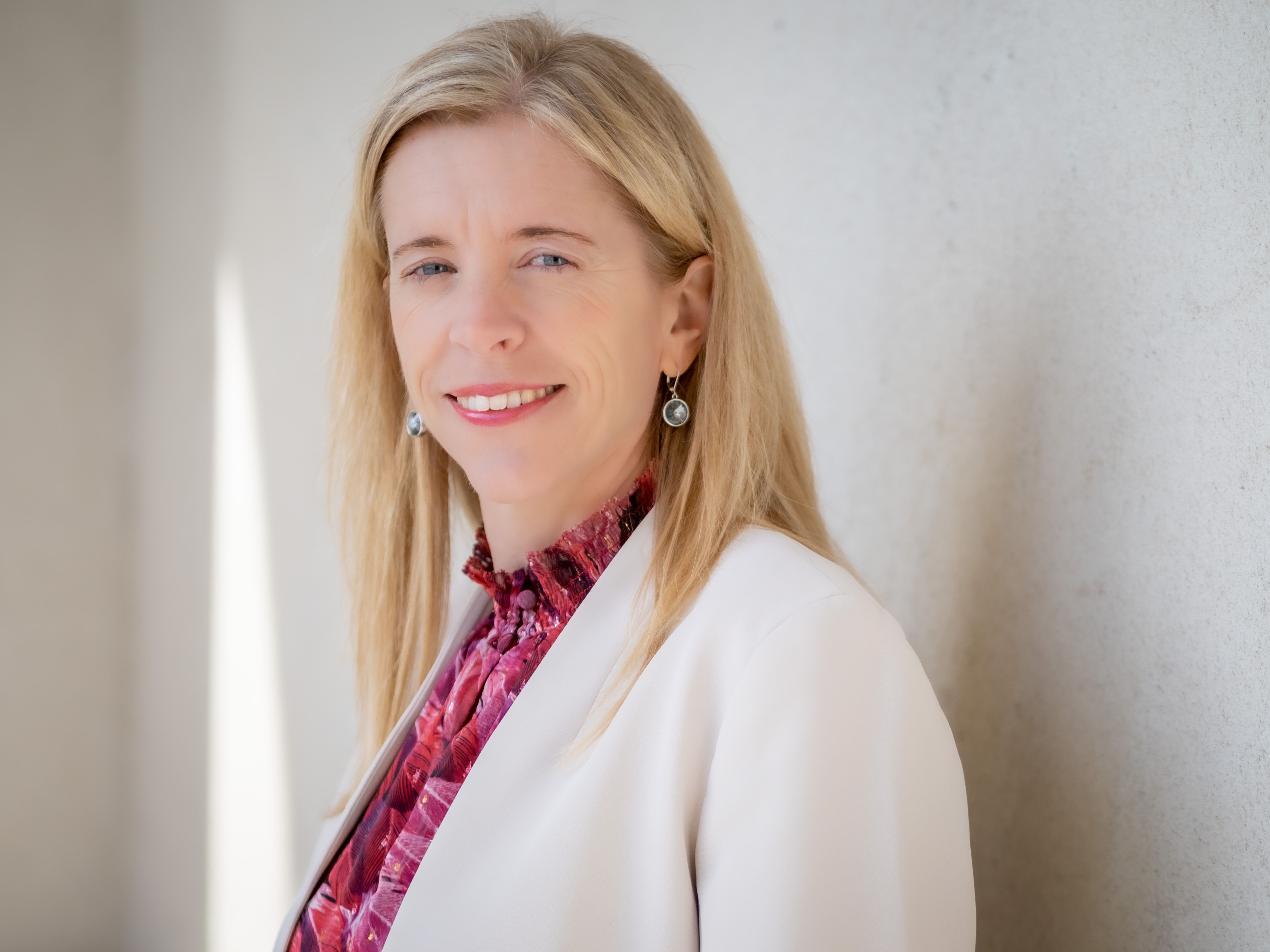“The elimination diet concept should not be limited to our dietary choices. What would happen if we applied this powerful tool to discern what truly matters in our lives and what makes sense to keep or to remove? As we create space, our new life can finally start manifesting.”
Last December, I was struck by a debilitating abdominal illness that disrupted my entire life. Forced to stay in bed for almost two months, I had to reevaluate everything, starting with my diet and extending to how I used each little morsel of my time and energy. Embarking on an elimination diet, as my doctor suggested, I gradually and patiently reintroduced foods to identify what worked best for my body. Little did I know that this experience would be transformational in several dimensions, teaching me valuable lessons applicable to all dimensions of life.
The elimination diet concept does not need to be limited to our dietary choices. It can also be a valuable tool to help us discern what truly matters in our lives and what makes sense to keep or remove.
How many times do we join a Zoom call out of guilt of saying “no” or “sorry, I can’t”? How many times do we overextend ourselves at work or in our relationships because we think we “have to,” or we “should”? How many times do we disregard our exhaustion and keep going, instead of setting boundaries around what we truly need and want? In the same way that holding to what is no longer necessary or aligned with you takes real space, decluttering and setting boundaries will create the opening needed to manifest the new in your life.
Here are four steps that, harnessing the concept of the elimination diet, will help you simplify your life and create space for the new to flourish.
Pause and Reflect:
Much like starting an elimination diet, take a step back from your busy life, look into your calendar, commitments, and relationships, and evaluate what’s truly aligned with you. What are you doing because you convinced yourself that you “have to do it” or that you “should do it”? What are you placing on your to-do list because you have a hard time delegating it or trusting that others could do that task at your speed and with the same quality? What tasks or relationships are you holding on to out of guilt or fear of setting boundaries?
In this step, pay special attention to aspects of your work and personal life that are causing stress or hindering your well-being. Discernment of what unbalances or hurts you can be the first step of a profound and long-lasting transformation. Take the time to see and become aware.
Eliminate What Unbalances You:
Just as you eliminate certain foods during an elimination diet, start cutting out the non-essential activities, commitments, and toxic relationships from your calendar and your life.
Relationships are perhaps the most difficult to step out from, as we do not want to hurt others or have them experience the pain of rejection. Some time ago, I was immersed in a toxic, controlling relationship that was inflicting pain in my life. I knew I had to step away, but I was not sure exactly how to do it. All I knew was that “all of a sudden” was not an option. I then decided to slowly “unstitch” myself from that relationship, one step at a time and one day at a time. I stopped sending texts, took my time to reply to those received, and gradually reduced the time we spent together. It worked.
No matter how you decide to do it, setting boundaries around activities, commitments, and relationships requires that you prioritize placing you first: your health, your emotional balance, your joy, and your dreams. Be your own agent and manage your time and energy wisely.
This can be hard for those of us who grew up influenced to believe that we had to take care of everybody else before we took care of ourselves. Embrace with compassion the human guilt that may surface up as you start setting boundaries. You come first, and it’s crucial to remember that prioritizing your well-being is not selfish, but necessary for the highest good of all.
Reintroduce with Intention:
Gradually reintroduce or welcome new elements, commitments, and people into your life but with intention and mindfulness. Ask yourself, “Is this event, commitment, or person truly aligned with me?”, “Is this for my highest good and the highest good of all?” or “Am I saying yes to this out of opportunity and expansion, or out of fear and contraction?”
Pay special attention to any pressure you may feel to overcommit or to jump in to say “yes” too soon. Don’t allow that pressure to control your decisions. Instead, take a deep breath, center yourself in your truth and wisdom, and before you jump in, evaluate how each aspect of that decision impacts your overall well-being, productivity, and happiness. Keep advocating for yourself and setting boundaries, so that you attract into your life what supports you and let go of what doesn’t.
Listen to Your Body and Your Heart:
Throughout this transformative process, listen to your body and heart. At each step, notice how certain activities or interactions make you feel, or how your body responds to tasks or relationships that are not truly aligned with you. Have you noticed how your abdominal area ties up in a knot or how your shoulders contract when you feel pressured to make a decision that does not fully align with your values or when it threatens to push you past the point of exhaustion? Our body knows when something is not fully aligned with our deepest essence. These are all important signals, so pay attention to any physical contraction and trust your intuition when it comes to prioritizing activities that truly support your goals and well-being.
In summary, the elimination diet approach teaches us that making meaningful changes doesn’t have to be a reactive process that takes place when our health and balance have already taken a toll. By taking deliberate steps to discern what truly matters and eliminating what doesn’t, we can create space in our lives to manifest what aligns with our values and brings us joy and fulfillment. In the process, we are invited to compassionately embrace the unavoidable discomfort that will surface.
It’s time we place ourselves and our most important and transcendental interests at the center of our lives. Doing so is a revolutionary and courageous act of self-love.


